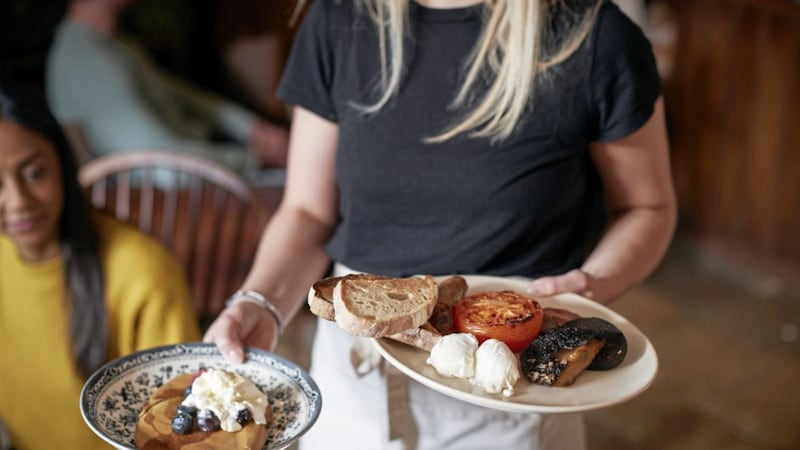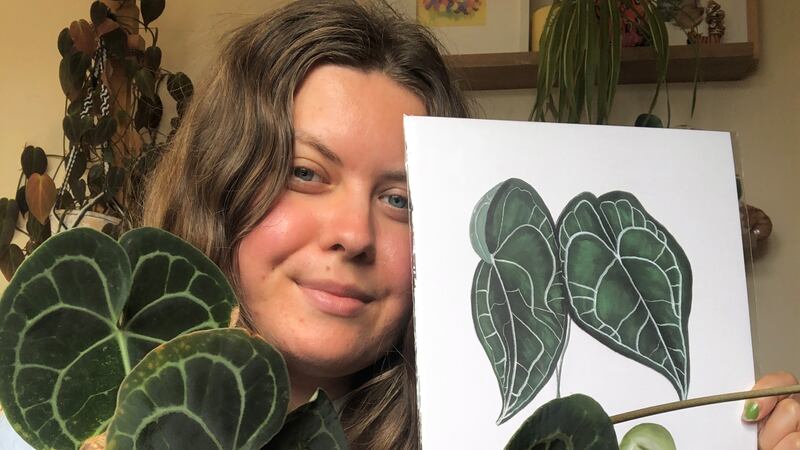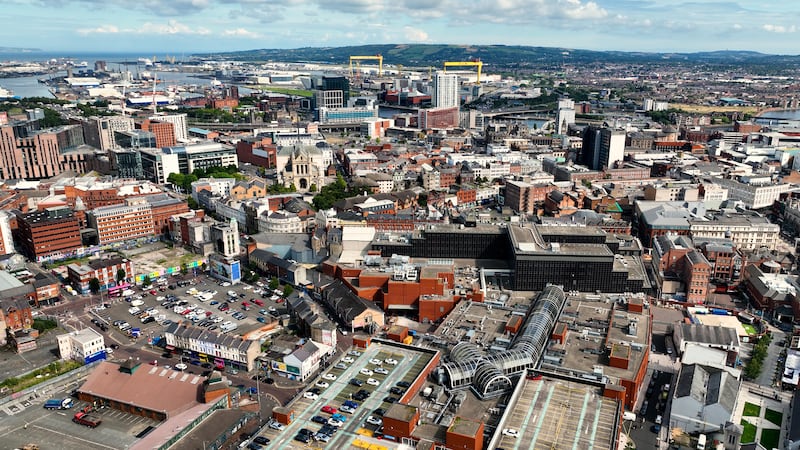QUESTION: I run a small restaurant and have registered for the Eat Out to Help Out Scheme where I can claim back the 50 per cent discount offered to customers who eat in my restaurant on Mondays to Wednesdays up to August 31. As I am offering a reduced price to customers, does this mean that I only pay VAT to HMRC on the discounted amount?
ANSWER: The government announced the scheme to help restaurants and cafes recover as we ease out of lockdown. Eat Out to Help Out sees diners can get 50 per cent off their meals, with the government footing the bill for the second half of the cost.
There is a cap of £10 for each person, but it applies to all food and soft drinks orders that are eaten on the premises (it doesn’t extend to food that's taken away).
Businesses eligible for the scheme are “those in which food is sold for immediate on-premises consumption.” This could include restaurants, cafés, public houses that serve food, hotel restaurants, restaurants and cafes within tourist attractions, holiday sites and leisure facilities, dining rooms within members’ clubs, and workplace and school canteens
You’ll need to register your business if you want to take part. To register, you'll need:
• The Government Gateway ID and password for your business (if you don’t have one, you can create one when you register);
• The name and address of each establishment you’re registering, unless you're registering more than 25;
• The UK bank account number and sort code for your business – this must be an account where a BACS payment can be accepted; and
• The address on your bank account for the business (this is the address on your bank statements).
You may also need your VAT registration number (if applicable), employer PAYE scheme reference number (if applicable) and corporation tax or self-assessment unique taxpayer reference.
Once you register, you’ll have to pass the fraud and compliance checks the government run before you’ll be accepted into the scheme.
To get the money back from the government, you'll need to keep a record of your sales. This includes the:
• Total number of people who've used the scheme in your establishment;
• Total value of transactions under the scheme; and
• Total amount of discounts you’ve given.
The system for claiming back the costs was available from August 7, and the process should work as follows:
• You must wait seven days from registration to make your first claim – HMRC will pay eligible claims within five working days;
• You'll be able to submit claims on a weekly basis;
• You’ll still need to pay VAT based on the full amount of your customers’ bills;
• Any money you receive through the scheme will be treated as taxable income; and
• The service will close on September 30.
As a restaurant owner, VAT will still be due on the full value of the bill, before the discount has been applied. The logic behind this is presumably that while the customer is only paying part of the bill themselves, the restaurant is still receiving full consideration for the supply, in the way of third party consideration from the scheme.
The VAT should be paid in full within the correct period in which the transaction takes place, i.e. when the service is provided, and not when the refund for the scheme is paid. You will be allowed to make a manual adjustment to your records to reflect the VAT that is due if your point of sale system would not otherwise allow you to reflect the VAT due accurately.
Alongside the scheme you can continue to apply the temporary reduced rating for VAT of 5 per cent on these catering supplies.
VAT example for meal for two people:
Food cost £15
Non-alcoholic drinks £5
Total £20
Total paid by customer £10
Total paid by scheme = £10 (50 per cent of the total bill as it is all for food and non-alcoholic beverages).
VAT due = 1/21 of £20 = 0.95p (1/21 is the VAT fraction to extract 5 per cent VAT from a VAT inclusive price).
It is important to remember that the temporary reduced rate doesn’t apply to sales of alcohol and neither does the Eat Out to Help Scheme.
Malachy McLernon (m. mclernon@pkffpm.com) is a director of PKF-FPM (www.pkffpm. com). The advice in this column is specific to the facts surrounding the question posed. Neither The Irish News nor contributors accept any liability for any direct or indirect loss arising from any reliance placed on replies.








